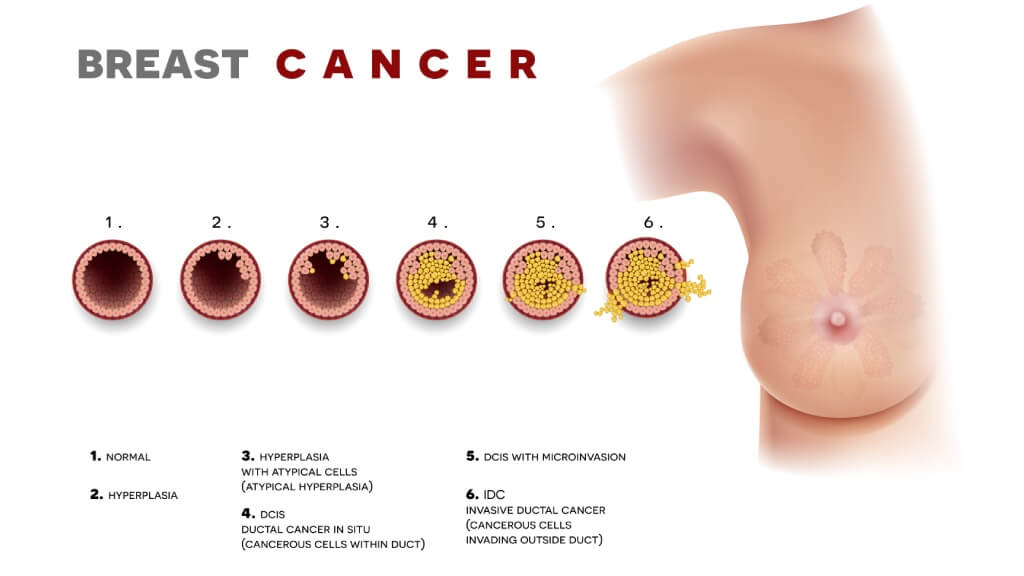Hospitals for Breast Cancer Treatment in Germany
Each hospital in this list meets Booking Health’s strict international standards: at least 250 surgeries per year, ISO‑certified quality management, and documented survival outcomes. Our medical board then ranks the clinics by clinical expertise, technology, and patient‑satisfaction scores.
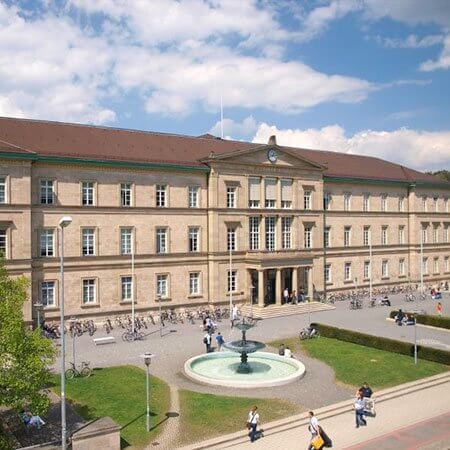
According to the prestigious medical publication Focus, the University Hospital Tuebingen ranks among the top five German hospitals! The hospital was founded in 1805, therefore it is proud of its long history, unique experience, and outstanding achievements in the field of medical care, as well as research and teaching activitie









Breast cancer diagnosis
Price from:
0.00
Go to the program Sectoral resection in breast cancer with flap plastic
Price from:
12463.93
Go to the program Radical mastectomy in breast cancer
Price from:
13253.2
Go to the program Brachytherapy in breast cancer
Price from:
11240.36
Go to the program Breast reconstruction after mastectomy with own tissues or implant
Price from:
17158.65
Go to the program Breast reconstruction following tumor removal with an expander or allo prosthesis
Price from:
13015.16
Go to the program Chemotherapy in breast cancer
Price from:
7762.28
Go to the program DIEP flap plastic breast reconstruction with own tissues
Price from:
40663.7
Go to the program Radiotherapy in breast cancer
Price from:
29418.11
Go to the program Treatment of breast cancer with embolization or chemoembolization
Price from:
29497.45
Go to the program Treatment of breast carcinoma with metastases to lymph nodes with lumpectomy with lymphadenectomy
Price from:
17064.69
Go to the program 
According to the reputable Focus magazine, the Helios Hospital Berlin-Buch ranks among the top medical facilities in Germany! The clinic is proud of its rich history, which dates back over 100 years, as well as the status of a maximum care medical center with exceptionally high success treatment rates. The medical institution is
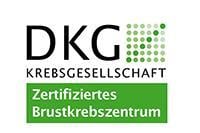
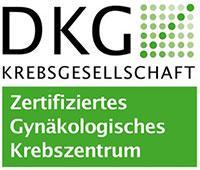
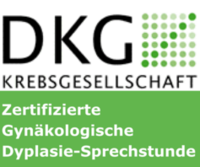




Breast cancer diagnosis
Price from:
0.00
Go to the program Sectoral resection in breast cancer with flap plastic
Price from:
11662.14
Go to the program Radical mastectomy in breast cancer
Price from:
12280.19
Go to the program Brachytherapy in breast cancer
Price from:
10748.64
Go to the program Breast reconstruction after mastectomy with own tissues or implant
Price from:
16245.15
Go to the program Breast reconstruction following tumor removal with an expander or allo prosthesis
Price from:
12389.81
Go to the program Chemotherapy in breast cancer
Price from:
7364.52
Go to the program DIEP flap plastic breast reconstruction with own tissues
Price from:
38228.05
Go to the program Radiotherapy in breast cancer
Price from:
27684.02
Go to the program Treatment of breast carcinoma with metastases to lymph nodes with lumpectomy with lymphadenectomy
Price from:
16555.22
Go to the program 
The University Hospital Ulm is an advanced medical complex that provides patients with high-class medical care using the very latest scientific achievements. The medical facility has been performing successful clinical activities for more than 40 years and has long earned an excellent reputation throughout Europe. The hospital r









Breast cancer diagnosis
Price from:
0.00
Go to the program Sectoral resection in breast cancer with flap plastic
Price from:
12427.39
Go to the program Radical mastectomy in breast cancer
Price from:
13012.03
Go to the program Brachytherapy in breast cancer
Price from:
11274.82
Go to the program Breast reconstruction after mastectomy with own tissues or implant
Price from:
17473.94
Go to the program Breast reconstruction following tumor removal with an expander or allo prosthesis
Price from:
13070.5
Go to the program Chemotherapy in breast cancer
Price from:
7670.41
Go to the program DIEP flap plastic breast reconstruction with own tissues
Price from:
40370.34
Go to the program Radiotherapy in breast cancer
Price from:
29328.32
Go to the program Treatment of breast cancer with embolization or chemoembolization
Price from:
29739.66
Go to the program Treatment of breast carcinoma with metastases to lymph nodes with lumpectomy with lymphadenectomy
Price from:
17375.8
Go to the program 
